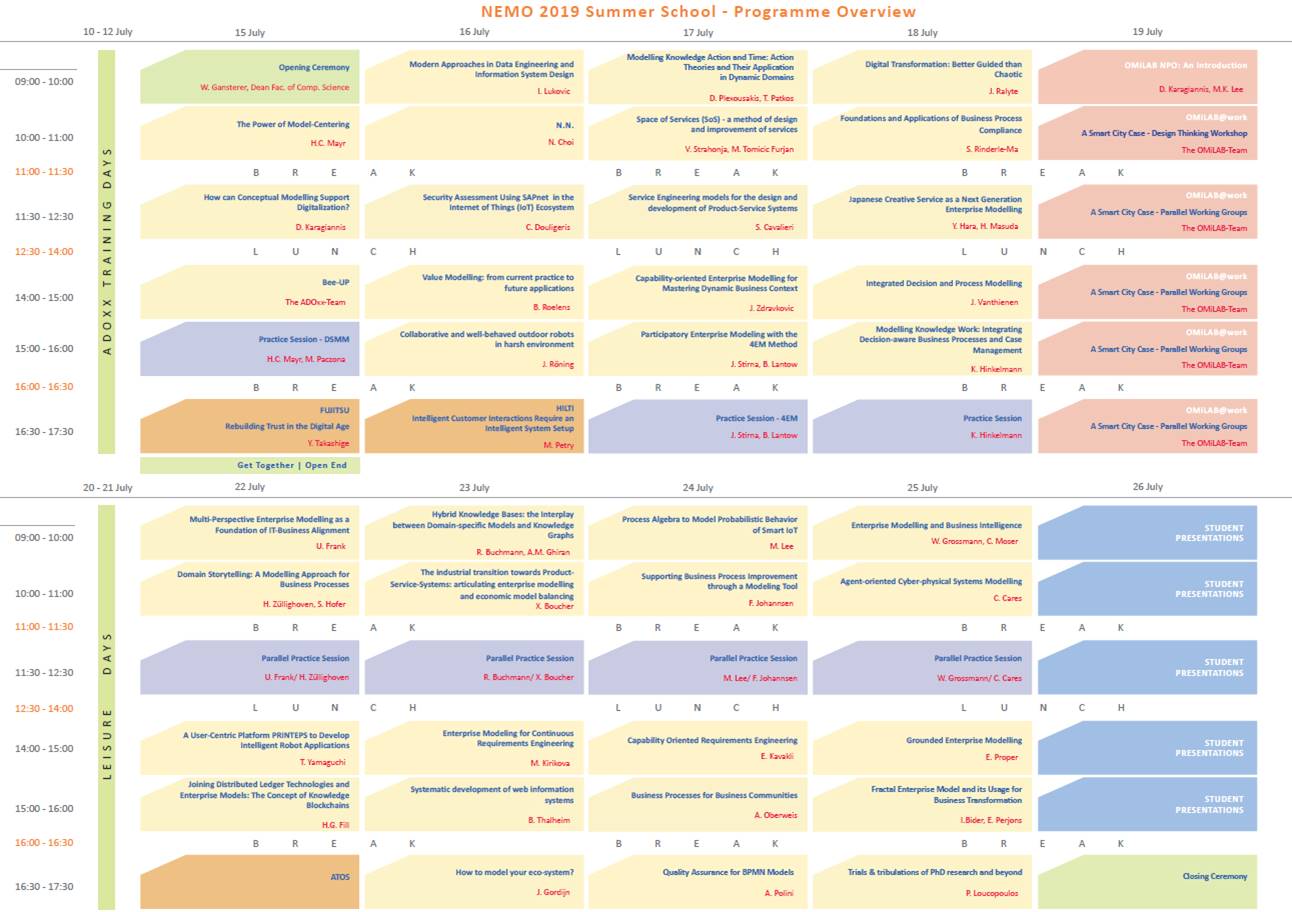

The Power of Model-Centering
Em. Prof. Dr. Heinrich Mayr, Mr. Martin Paczona, Msc, Alpen-Adria University Klagenfurt, Austria
Dr. Judith Michael, RWTH Aachen University
Abstract
Models are the basic human tools for managing complexity and understanding. As such, they play a key role in all scientific and engineering disciplines as well as in everyday life. Many modeling paradigms have evolved over time in different disciplines, resulting in a wide variety of modeling languages, methods and tools that have come and gone. This is particularly true for informatics, which is a modeling discipline in itself: for long it has systematized the field of modeling, for example by introducing model hierarchies, by ontological foundations, by developing universal modeling languages such as UML, or by specifying domain-specific modeling methods (DSSMs) for areas of application where universal approaches fail. In the context of digital transformation, modeling plays a central role in ensuring the functionality, security and quality of complex digital ecosystems. We approach this in the lecture from a rigorously model-centered perspective, which sees a digital ecosystem as a construct of networked model handlers in the sense of model producers and model consumers, whereby these handlers in turn are instances of models. We will illustrate the paradigm of model-centric architecture with the results of projects we have carried out in the areas of assistive systems, mechatronic systems and Quality Aware Software Engineering. In addition, Martin Paczona will give students in a working group in-depth and practical insight. Among other things, they will learn and apply the principles of a DSMM for the design and development of electric vehicle test benches.
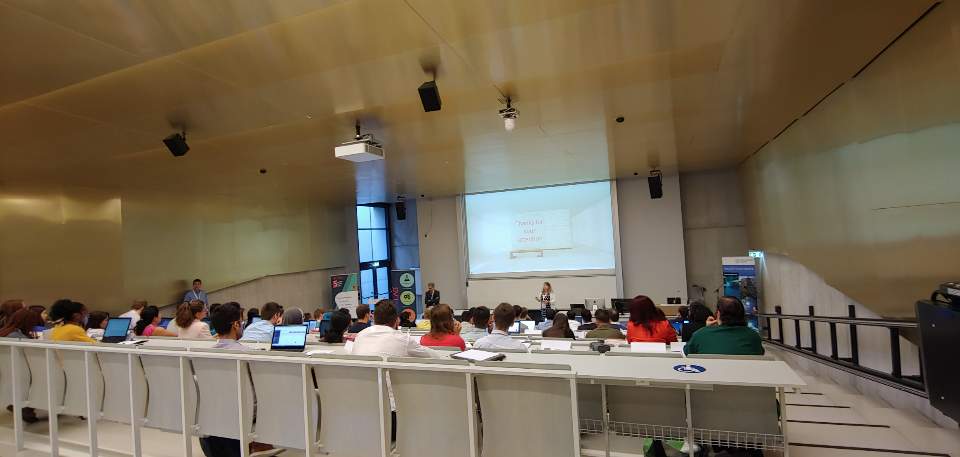
How can Conceptual Modelling Support Digitalization?
Prof. Dr. Dimitris Karagiannis, University of Vienna, Austria
Abstract
Agile Modelling Method Engineering
Internet‘s evolution into a generic platform and a pervasive environment enables the creation, provision and consumption of digital services. Cloud-based deployment models offer transparent access to services for a worldwide group of users. The models support 24/7 availability, location-independence as well as autonomy of resource processing limitations. At the same time, digital services are the basis of new and innovative business models. All of the above is expected to take place in the digital transformation process. Is it really feasible this way?
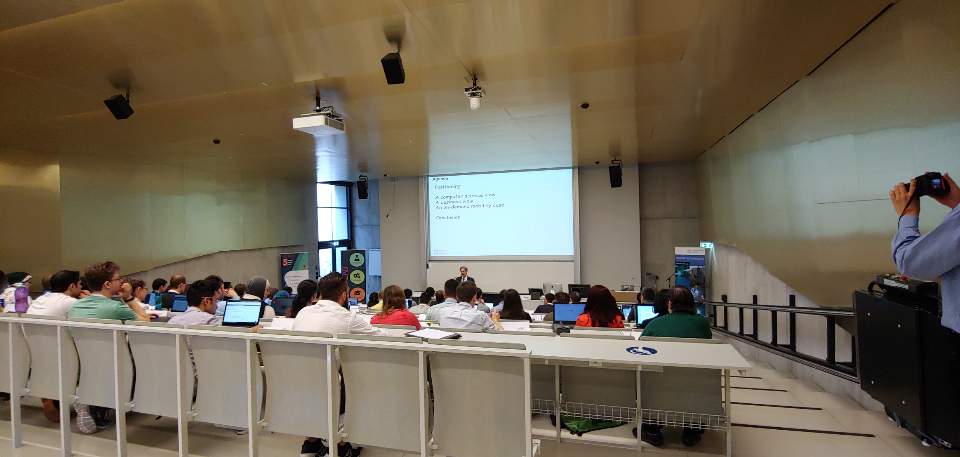
Rebuilding Trust in the Digital Age
Dr. Yoshi Takashige, Fujitsu Limited, Japan
Abstract
Digital transformation is progressing. Everything around us is increasingly digitalized, communicating massive amounts of data. Leveraging data and connectivity, innovation is being generated, transforming our everyday lives as well as businesses. But we are also facing a serious challenge of trust. How can we make sure data is true and trustworthy? How can we protect our privacy? And how can we trust judgement by AI? All these are issues of trust. The most fundamental question today is how we can rebuild trust in this digital age. This interactive lecture is designed for the participants to understand and proactively think about: What is the revolution of trust happening today? What kind of leadership is required to build trusted business and public service? How can we collaborate with AI with confidence? How can we ensure end-to-end trust in an increasingly autonomous and distributed world?
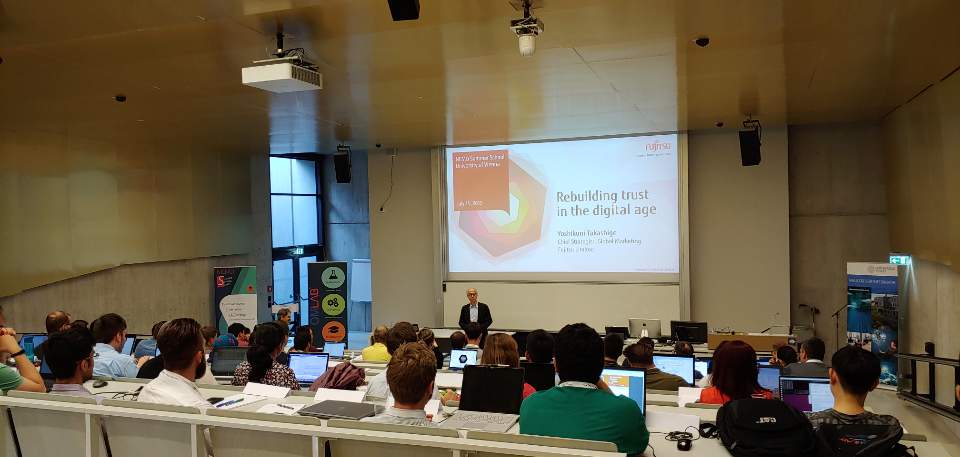

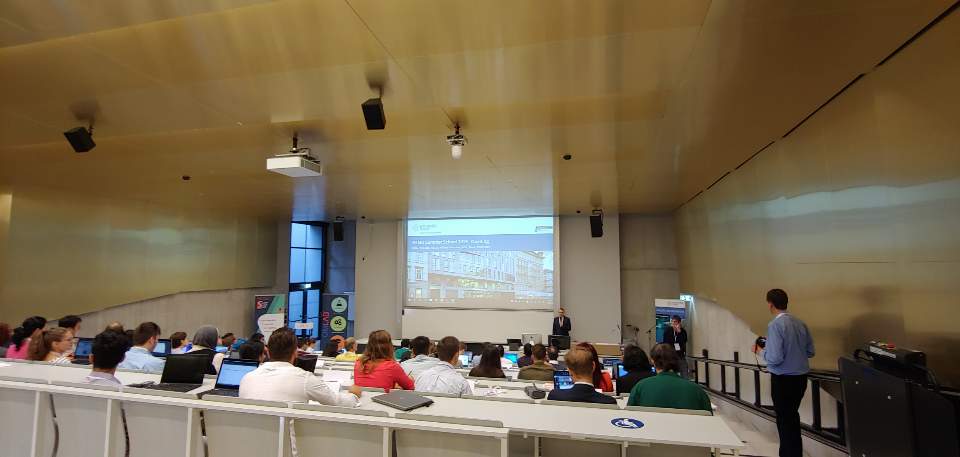
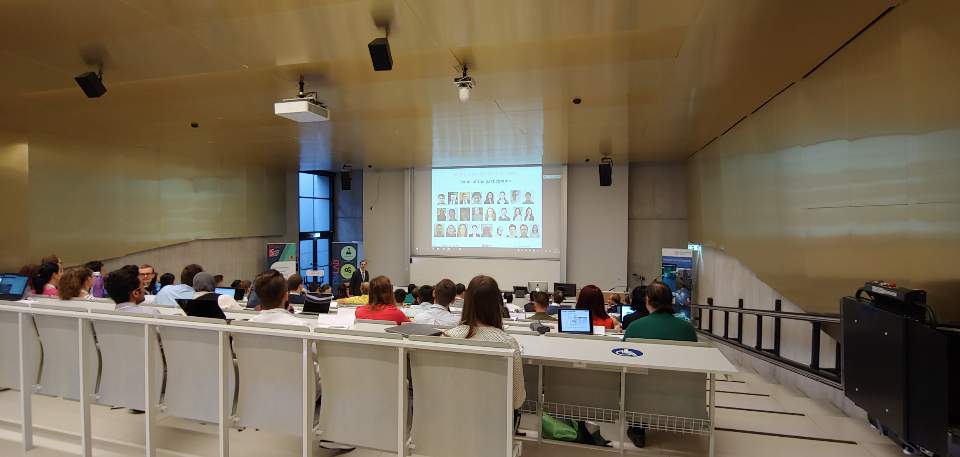
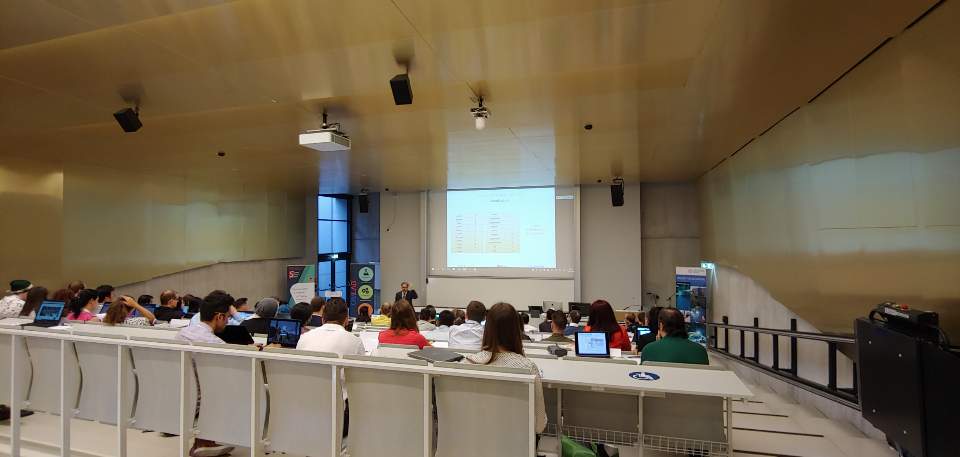
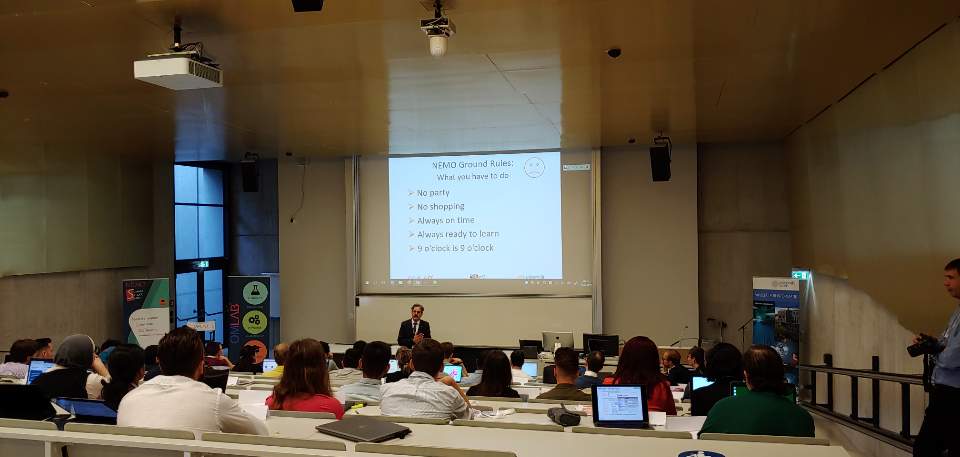
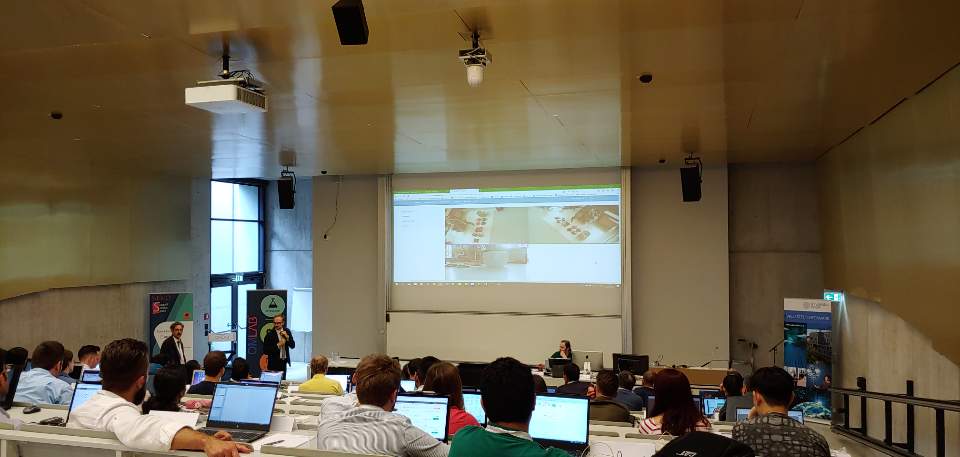


Before the Opening Ceremony (Prof. Karagiannis):